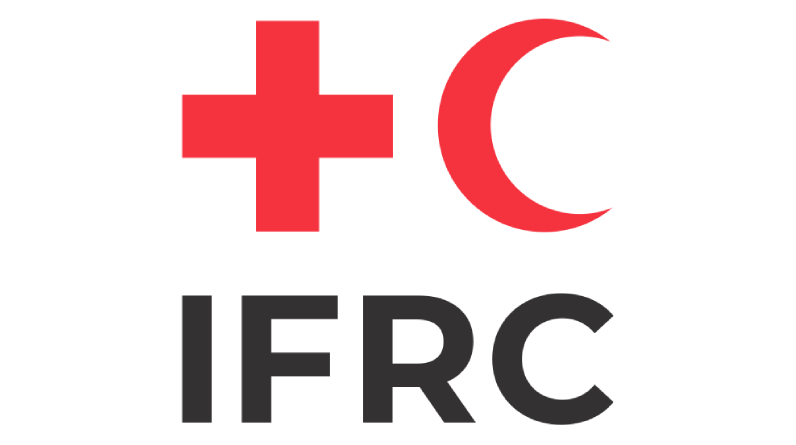1. COVID-19 remains at WHO’s highest alert level.
World Health Organization (WHO) officials have stated repeatedly that the current COVID-19 outbreak remains a global public health emergency warranting the organization’s highest alert level. The agency noted the pandemic was likely at a “transition point” that required continued careful management.
It has been three years since the World Health Organization (WHO) first declared that COVID constituted a global health emergency. Over 6.8 million lives have been lost as a result of the pandemic, which has devastated societies and economies everywhere it has spread.
Since 2020, the availability of vaccines and new treatments has drastically altered the pandemic scenario. It is the hope of Tedros Adhanom Ghebreyesus, director general of the World Health Organization, that the crisis will be resolved this year. A new phase in which we reduce (COVID) hospitalisations and deaths to the lowest possible level is possible, he said, and “we remain hopeful that in the coming year, the world will transition to that.”
There has been a steady decline in the prevalence of epidemics across China, according to the country’s National Health Commission. There had been worries that people travelling for the Lunar New Year would bring infections to areas of the country that were unprepared to handle them.
2. According to the International Federation for Red Cross and Red Crescent Societies (IFRC), the world needs to do more to prepare for future pande

According to the International Federation of Red Cross and Red Crescent Societies, the world is unprepared for any potential future pandemics (IFRC). Despite COVID-19 killing more people than any earthquake, drought, or hurricane in history, the International Federation of Red Cross (IFRC) warns that “all countries remain dangerously unprepared for future outbreaks” in its World Disasters Report 2022.
According to the report, by the end of 2023, nations should have reviewed their legislation to ensure it is consistent with their pandemic preparedness plans. More resources should be invested in local community preparedness if a new treaty and updated International Health Regulations are adopted by the end of the year.
The next pandemic might be closer than you think. Why should we rush into preparations if the lessons of COVID-19 have already been learned? IFRC Secretary-General Jagan Chapagain said. In addition, he said, “there will be no excuse for a continued lack of preparedness after having gone through three terrible years.”
According to Chapagain, the International Federation for Red Cross (IFRC) recommends that countries increase domestic health finance by 1% of gross domestic product and global health finance by at least $15 billion per year. The key, he stressed, is “political will to commit to that.” This is possible if it exists.
3. A quick look at the latest health news from around the world
The number of confirmed cases of cholera in Malawi has reached 30,621, and the official death toll has surpassed 1,000. Lilongwe and Blantyre, the country’s two largest cities, saw the lion’s share of the fatalities despite having just started the school year again after being closed for several weeks as authorities attempted to contain the disease.
A record number of Americans (16+ million) have enrolled in “Obamacare” health plans for 2023, a gain of over 12% from the previous year. According to official data, it’s the highest level seen since the US government first implemented the ACA 13 years ago.
Also Read :On the women’s health index the UK lags Saudi Arabia and China
Hospitals in northern Brazil are housing dozens of indigenous children who have been admitted due to severe malnutrition and acute illnesses. A medical emergency was declared last week in the country’s largest indigenous reservation, the Yanomami territory, due to pollution of waterways caused by illegal gold mining.
As part of an effort to hasten cancer imaging data collection and early diagnosis through the use of AI, the European Union has launched a project. “easy access to large amounts of cancer imaging data,” as stated by the European Commission, is a major goal of the new European Cancer Imaging Initiative.
As they struggle through one of their toughest winters, the National Health Service (NHS) in England has announced a two-year recovery plan to help restore emergency care and frontline services. Frontline workers say they have been left unprepared to meet record demand due to low pay, low staffing, and low investment, which has led to a strike by ambulance and nursing workers.
According to Health Minister Carolina Darias, the requirement that people wear masks on public transportation to prevent the spread of COVID-19 will likely be lifted in Spain on February 7th. According to her, the country’s epidemiological situation had stabilised, and health emergency services had suggested removing the ban.
4. In addition, Agenda has even more health-related content.
Neuroimaging and molecular biology have helped scientists uncover a previously unknown region of the brain that regulates the body’s response to infection and inflammation. Mark Michaud, the University of Rochester’s associate director of communication, says the discovery allows for more investigation into its role in neurological disorders.
Access to essential healthcare is particularly limited for the world’s growing number of refugees living in rural areas. It is critical, as two experts explain, to reach refugee and rural communities in order to achieve long-term health equity.
The world’s preparedness for epidemics like SARS, Ebola, and COVID-19 has been put to the test. Henry Schein Chairman of the Board and CEO Stanley Bergman has said that consistent political will and investment are necessary to create a global pandemic preparedness system that will allow the global healthcare supply chain to effectively respond to future crises.



Leave a Reply